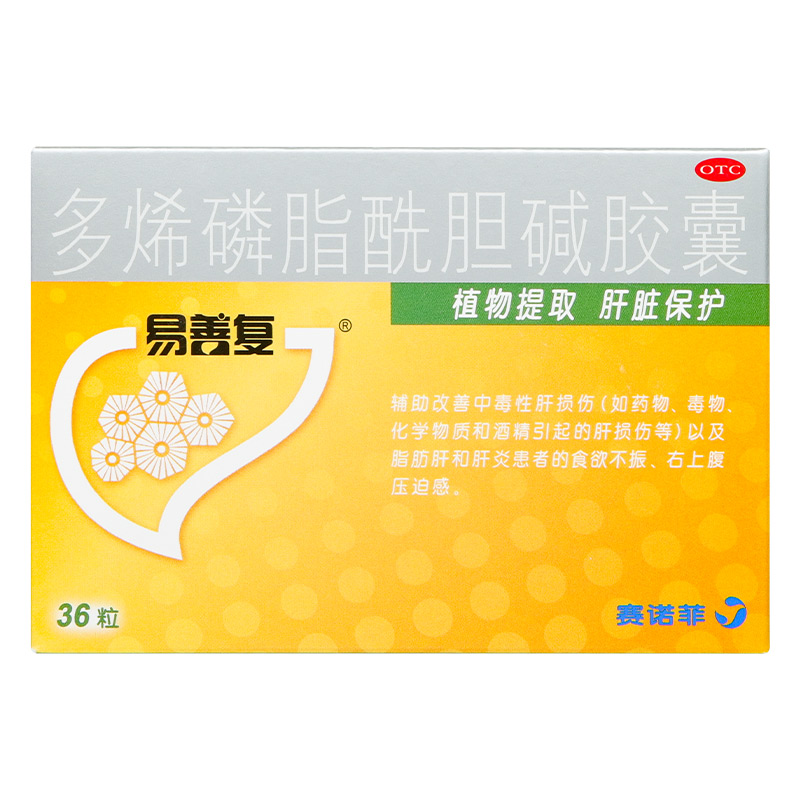全部名称:
多烯磷脂酰胆碱胶囊
适应人群:




 海外直邮
海外直邮
 药师指导
药师指导
 隐私服务
隐私服务
 签订合同
签订合同